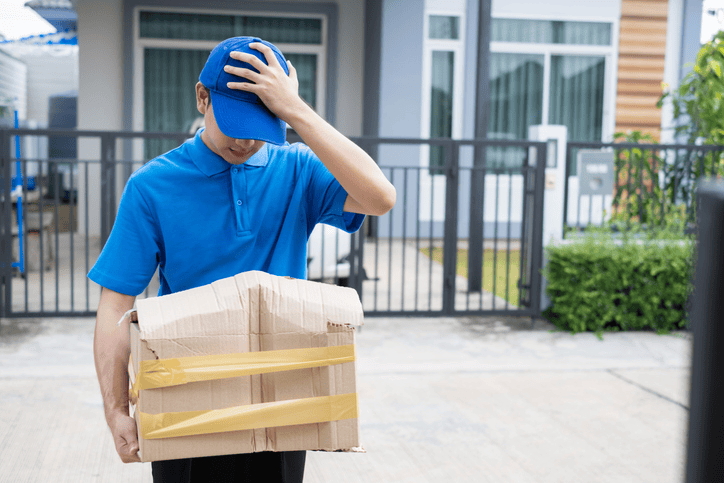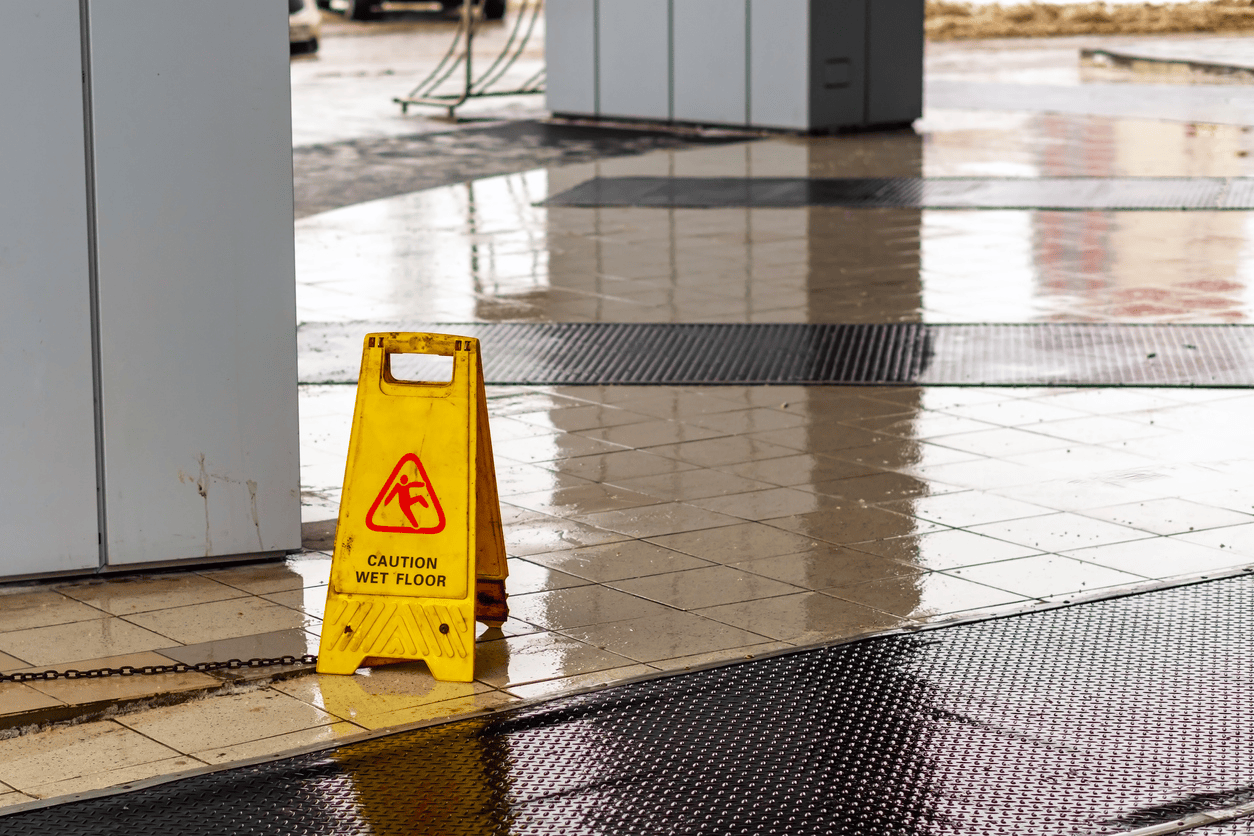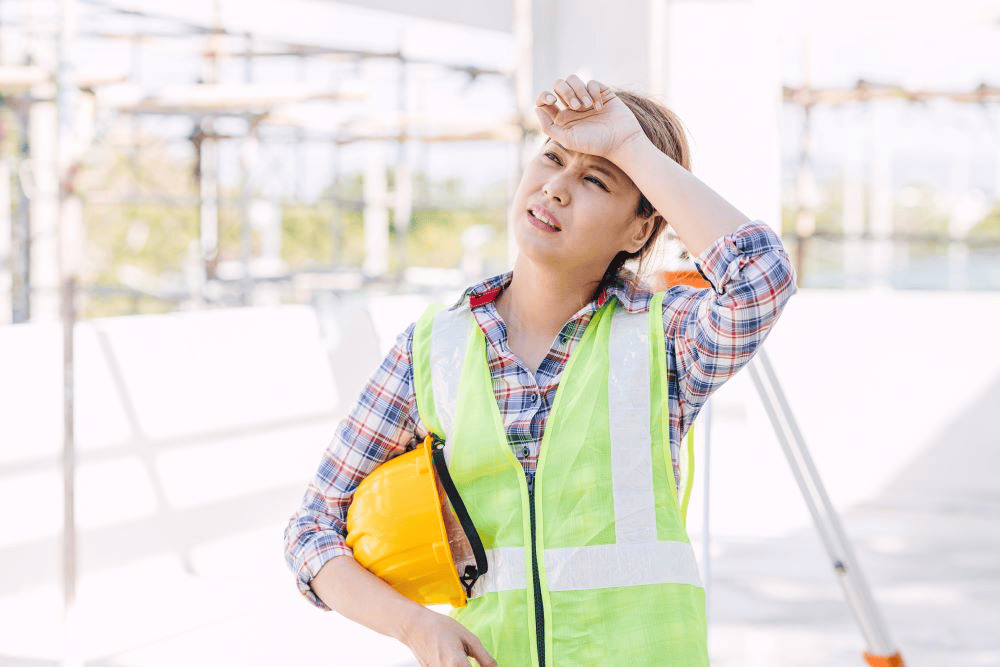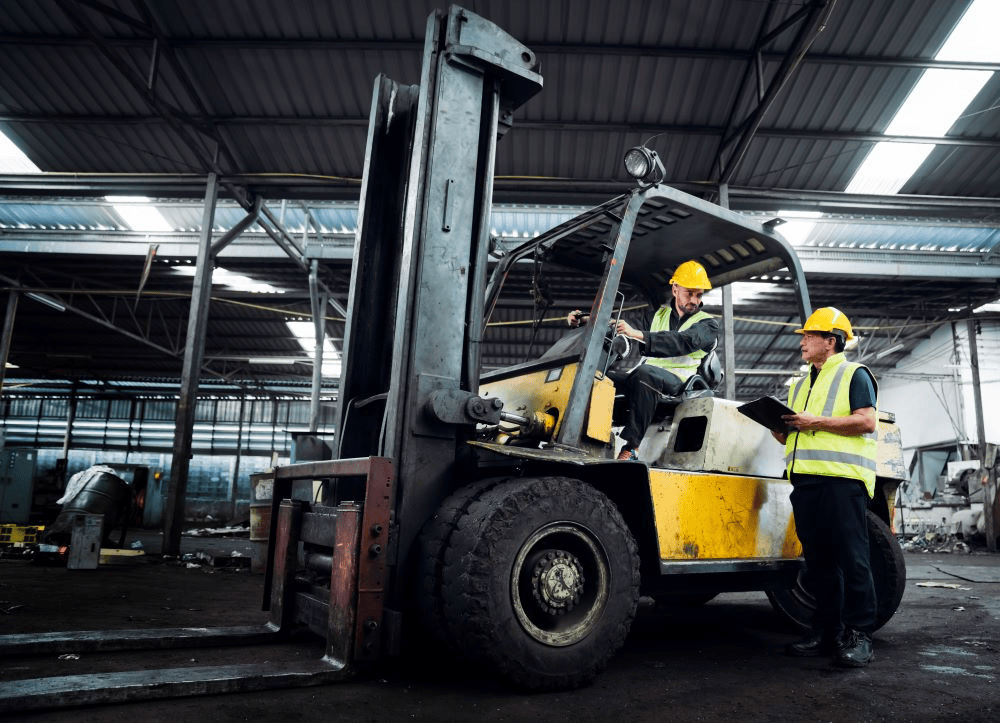
Every day, postal carriers, or mailmen, face numerous risks as they deliver mail across the United States. From dog bites to hazardous weather conditions, their job is not only demanding but also potentially dangerous. Among these risks, slip and fall accidents are a significant concern. If you’re a mail carrier who has suffered a fall while on the job, you might wonder about your legal rights. Can a mailman sue for falling? This article will explore the most common factors causing mail carriers to fall, what they should do after a fall, who is liable, and how to navigate the legal process for compensation.
What Are the Most Common Factors Causing Mail Carriers to Fall?
Mail carriers face various hazards that can lead to falls. The most common factors include:
Slippery Surfaces: Wet or icy sidewalks and driveways are a frequent cause of falls.
Uneven Pavements: Cracked or uneven sidewalks and steps can trip a mail carrier.
Poor Lighting: Inadequate lighting can make it difficult to see potential hazards.
Obstacles: Debris, toys, and other objects in the path can lead to tripping.
Defective Conditions: Broken steps or handrails that are not properly maintained can cause accidents.
Dog Attacks: In some cases, a mail carrier might fall while trying to avoid a dog attack.
What Should a Mail Carrier Do After a Fall?
If a mail carrier experiences a fall, it is crucial to take the following steps:
Seek Medical Attention: Immediate medical care should be the top priority to assess and treat any injuries sustained.
Report the Incident: Inform the United States Postal Service (USPS) about the accident as soon as possible. Documentation is essential for any potential claims.
Document the Scene: Take photos of the accident site, noting any hazardous conditions that contributed to the fall.
Gather Witnesses: If there were any witnesses to the fall, collect their contact information and statements.
Consult with an Attorney: Legal guidance is vital to navigate the complexities of liability and compensation.
Who Is Liable for a Mail Carrier’s Fall?
Determining liability in a fall accident involving a mail carrier can be complex. The following parties could potentially be held responsible:
Property Owner: Homeowners have a duty to maintain safe conditions on their property. If a dangerous condition such as a broken step or an icy walkway caused the fall, the homeowner might be liable.
Employers: USPS or other postal services might be responsible under workers’ compensation laws if the accident occurred during the course of employment.
Third Parties: In some cases, third parties (e.g., contractors working on a property) might be liable if their actions created hazardous conditions.
What Are the Four Elements of Proving Negligence?
To successfully claim compensation for a fall, a mail carrier must establish negligence by proving four key elements:
Duty of Care: The property owner or responsible party had a duty to properly maintain a safe environment.
Breach of Duty: This duty was breached through action or inaction (e.g., failing to clear ice from a walkway).
Causation: The breach directly caused the accident and subsequent injuries.
Damages: The postal carrier suffered actual damages, such as medical bills and lost wages, due to the injury.
Is a Homeowner Liable for Injury to a Mail Carrier Who Falls on the Front Steps?
Homeowners can be held liable if a mail carrier falls on their property due to negligence. For instance, if the homeowner knew or should have known about a dangerous condition (like a broken step) and failed to repair it or warn the mail carrier, they could be found negligent. However, the specifics of each case can vary, and liability will depend on the circumstances surrounding the fall.
Can a Mailman Sue for Falling?
Yes, a mailman can sue for falling, but the ability to sue and the parties involved can depend on several factors. If the fall was due to a property owner’s negligence, the mail carrier might file a personal injury lawsuit against the homeowner. If the fall occurred due to job-related hazards, workers’ compensation claims through USPS or the employer might be appropriate.
When Can a Mailman Sue for Falling?
A mailman can sue for falling if:
Negligence by a Property Owner: If the fall resulted from a property owner’s failure to maintain safe premises.
Workers’ Compensation Claim Denied: If the workers’ compensation claim is denied or insufficient to cover the damages.
Third-Party Liability: If a third party, such as a contractor, created hazardous conditions leading to the fall.
How Can a Mailman Sue for Falling?
To sue for falling, a mailman should follow these steps:
Consult an Attorney: Seek legal advice from an attorney experienced in personal injury and workers’ compensation cases.
File a Claim: Depending on the situation, file a personal injury lawsuit against the property owner or a workers’ compensation claim with USPS.
Gather Evidence: Collect all necessary evidence, including medical records, witness statements, and photographs of the accident scene.
Negotiate Settlement: Engage in settlement negotiations with the responsible party or their insurance company.
Proceed to Trial: If a fair settlement cannot be reached, the case may go to trial.
What Are the Potential Compensations?
The compensation a mailman might receive can include:
Medical Bills: Coverage for past and future medical expenses related to the injury.
Lost Wages: Compensation for lost income due to the inability to work.
Pain and Suffering: Damages for physical pain and emotional distress caused by the fall.
Rehabilitation Costs: Expenses for physical therapy or other rehabilitation services.
Out-of-Pocket Expenses: Reimbursement for any additional costs incurred due to the injury.
Workers’ Compensation vs. Personal Injury Claims
It’s essential to understand the difference between workers’ compensation claims and personal injury lawsuits:
Workers’ Compensation: This provides benefits regardless of fault, covering medical expenses and a portion of lost wages. It is typically the primary recourse for post office workers injured on the job.
Personal Injury Lawsuits: These can provide broader compensation, including for pain and suffering, but require proving the property owner’s negligence.
Role of Homeowners Insurance
Homeowners insurance often covers liability for injuries occurring on the property. If a mail carrier falls and the homeowner is found liable, the homeowner’s insurance may cover medical expenses and other damages. It is crucial for homeowners to ensure their insurance policy provides adequate insurance coverage for such incidents.
How an Attorney Can Help You in a Mail Carrier Fall Case
Falling while on the job can be a traumatic and complex experience for mail carriers. Navigating the legal system to secure compensation requires specialized knowledge and expertise. Here’s how an attorney can assist you in such a case:
Evaluating Your Case: An attorney provides an initial consultation to assess your fall and determine the viability of your case, offering legal advice on whether to pursue a workers’ compensation claim or personal injury lawsuit.
Gathering Evidence: Attorneys help gather essential evidence, including medical records, incident reports, photographs, and witness statements, and can arrange expert testimony to support your claim.
Filing Claims and Paperwork: An attorney ensures all necessary paperwork for workers’ compensation claims or personal injury lawsuits is accurately completed and submitted on time, adhering to all legal requirements.
Navigating Legal Complexities: Attorneys navigate the complexities of laws related to premises liability, negligence, and workers’ compensation, representing you in all legal proceedings to protect your rights.
Negotiating Settlements: Experienced attorneys negotiate with responsible parties or their insurance companies to secure fair settlements, maximizing your compensation for medical bills, lost wages, and other damages.
Pursuing Compensation: Attorneys strive to ensure you receive comprehensive compensation, including medical expenses, rehabilitation costs, lost wages, and pain and suffering, potentially pursuing third-party claims for additional compensation.
Ensuring Fair Treatment: Attorneys protect your rights throughout the legal process, preventing employers, insurance companies, or property owners from taking advantage of you, and reducing your stress so you can focus on recovery.
Litigation Expertise: If your case goes to trial, an attorney represents you, developing and executing a tailored legal strategy to present a compelling case to the judge or jury, increasing your chances of a favorable outcome.

Secure Your Future with Expert Legal Help from BLG
Navigating the legal landscape following a fall can be daunting for mail carriers. Whether dealing with property owners, the USPS, or third parties, understanding the rights and options available is critical. If you’re a postal worker who has experienced a fall, consulting with an experienced attorney can help ensure you receive the compensation you deserve.
Falling on the job can lead to serious injuries and significant financial burdens. Knowing your legal rights and the proper steps to take can make a substantial difference in your recovery and financial stability. Whether through workers’ compensation or a personal injury lawsuit, mail carriers have avenues to seek justice and compensation for injuries sustained while delivering mail.
If you’re a mail carrier who has experienced a fall while on the job, you don’t have to navigate the complexities of your case alone. The dedicated attorneys at BLG specialize in helping postal workers like you secure the compensation you deserve.
Contact us today for a free consultation.





